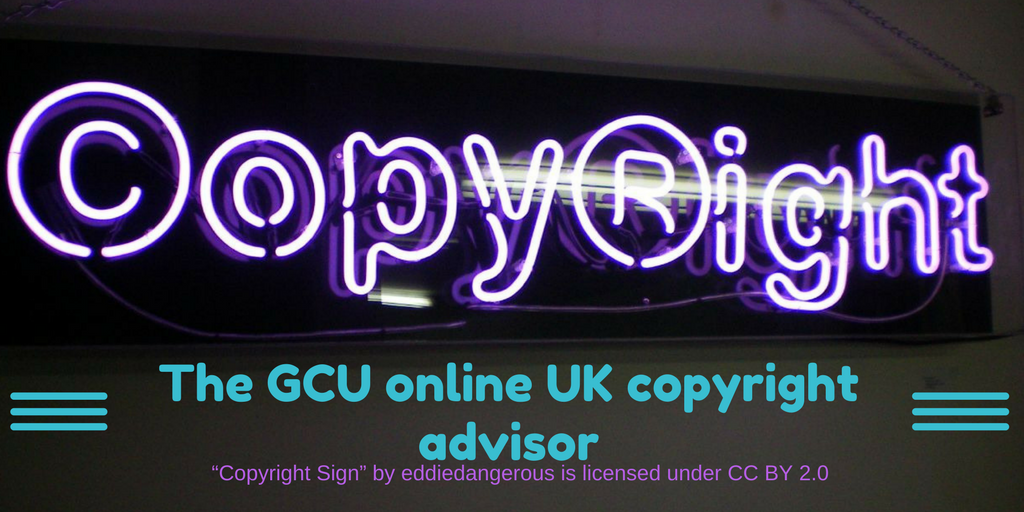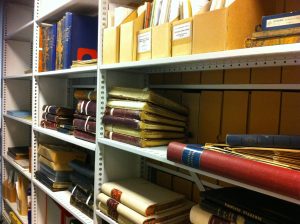A Wellcome Trust Research Resources Project
Usually when we hear about education in the early 20th century it is of a sphere dominated by men. Male professors, teachers and students thrived in a world where women were generally regarded as the lesser sex. But at the Glasgow and West of Scotland College of Domestic Science the opposite was true. It was an institution led by a succession of women Principals who championed the role of women in education. Thousands of women entered its doors to be trained in Cookery, Housewifery, Laundrywork, Dressmaking, as teachers of Domestic Science, Dieticians and Institutional Managers. Upon glancing at the student registers and class photographs – seeing them full of names and faces of women – one may think men were barred from entry. However, this was not the case.
The first male students appeared in April 1915. This was during World War I and soldiers had to cook for large numbers of servicemen Continue reading

